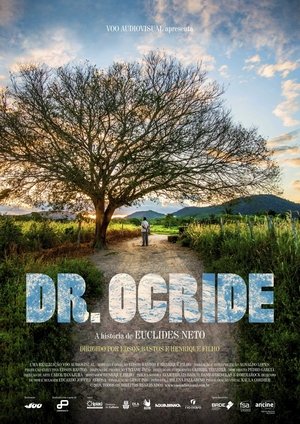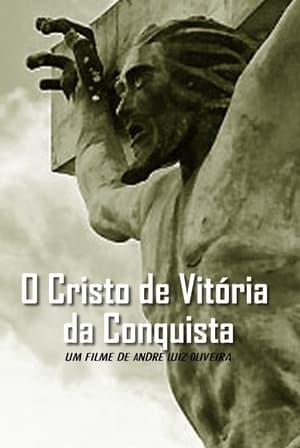
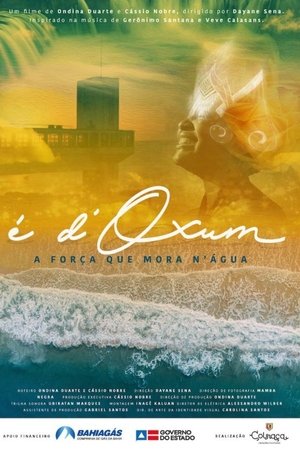
É d'Oxum: a Força que Mora N'água(2023)
Movie: É d'Oxum: a Força que Mora N'água
Top 10 Billed Cast
Self
Self (archive footage)
Self
Self
Self
Self
Self

É d'Oxum: a Força que Mora N'água
HomePage
Overview
Release Date
2023-05-17
Average
0
Rating:
0.0 startsTagline
Genres
Languages:
PortuguêsKeywords
Similar Movies
 8.5
8.5Filhos de João, O Admirável Mundo Novo Baiano(pt)
A panorama of Brazilian popular music from the 60s and 70s through the musical group Novos Baianos. A retrospective of the community lifestyle adopted by its members and the influence inherited from singer João Gilberto.
 0.0
0.01798 - Revolta dos Búzios(pt)
One of the most important events in Brazilian history, the Búzios Revolt of 1798 was led by dozens of black men who rose up to overthrow the colonial government, proclaim independence and establish a democratic Republic, free from slavery. The boldness of these men called on the people to make the Revolution and the conspiracy spread to the city of Bahia. The seizure of power is near. But the movement is denounced, the government sets up a Devassa against hundreds of people and four of them are hanged and quartered.
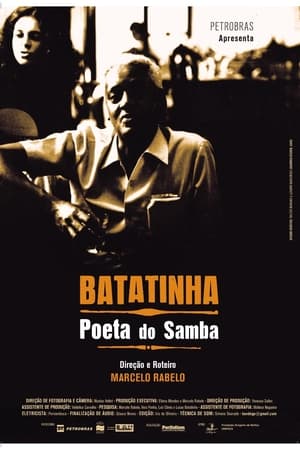 0.0
0.0Batatinha, Poeta do Samba(pt)
A portrayal of the life of one of the most important samba musicians in Brazil, Bahian sambista Oscar da Penha, popularly known as Batatinha (1924 -1997). Through memories of their father, his nine children share their perspectives, as well as interviews with family, friends and musicians, to tell the story of Batatinha’s life, history and work.
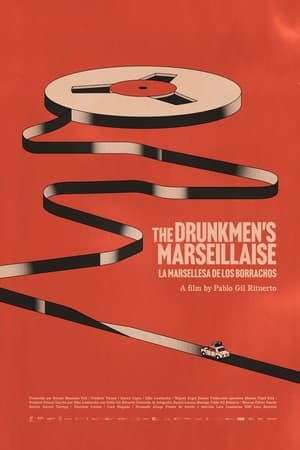 8.0
8.0The Drunkmen’s Marseillaise(es)
In the summer of 1961, a group of young Italian anthropologists made a clandestine journey through Spain, in order to record popular songs that supported anti-Franco resistance. As a result of their work, they were prosecuted and their recordings were censored. Sixty years later, and guided by Emilio Jona, aged 92, the last living member of that group of travellers, we recover the unpublished recordings and reconstruct the journey, today, across an emotional and political landscape, regaining historical memories through these songs, as relevant today as they were then.
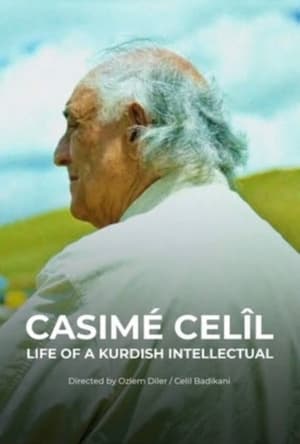 10.0
10.0Jiyana Rewsenbireki Kurd: Casimê Celîl(ku)
Casimê Celîl was born into a Yezidi Kurdish family in 1908, in a village called Kızılkule, located in Digor, Kars. The village and family life, which he longed to remember throughout his life, ends with the massacre they endured in 1918. During his long road to Erivan, Armenia, he lost all his family members. Left all alone, Casim was placed into an orphanage and was forced to change his name. To remember who he was and where he came from, every morning he repeated the mantra “Navê min Casim e, Ez kurê Celîlim, Ez ji gundê Qizilquleyê Dîgorê me, Ez Kurdim, Kurdê Êzîdî me”, which translates to: “My name is Casim, I am the son of Celîl, I come from the village of Kızılkule in Digor, I am a Kurd, and I am Yezidi”. He clings to every piece of his culture he can find, reads, and saves whatever Kurdish literature or art he comes across. As the year’s pass, Casim finds himself with an impressive collection of Kurdish culture and history.
Jermaine Jackson : the Jackson Musical(en)
YOU ARE NOT ALONE, the Musical was performed in Paris (in English) by Jermaine Jackson. During this evening of music and stories, Jermaine Jackson told the whole Jackson story from their native house in Gary, Indiana, to Motown where they became the Jackson Five and from Michael's Thriller to his tragic death. You'll learn everything you need to know about the greatest family in the entertainment industry.
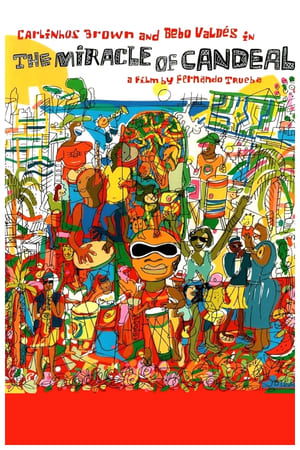 5.2
5.2The Miracle of Candeal(es)
The story of the Candeal favela in Salvador de Bahia, Brazil, where musician Carlinhos Brown carries out social and cultural initiatives that protect and enrich the lives of its inhabitants every day.
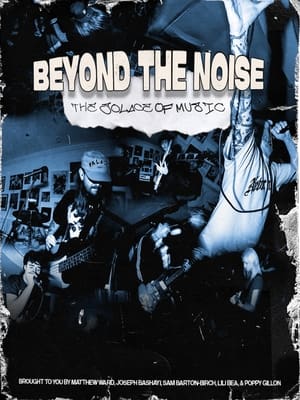 0.0
0.0Beyond the Noise.(en)
An exploration into the benefits of music in uk youth culture. Understanding the comfort it can provide.
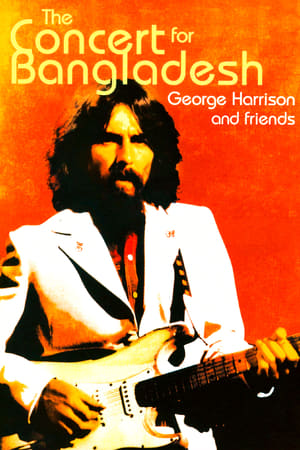 7.9
7.9The Concert for Bangladesh(en)
A film about the first benefit rock concert when major musicians performed to raise relief funds for the poor of Bangladesh. The Concert for Bangladesh was a pair of benefit concerts organised by former Beatles guitarist George Harrison and Indian sitar player Ravi Shankar. The shows were held at 2:30 and 8:00 pm on Sunday, 1 August 1971, at Madison Square Garden in New York City, to raise international awareness of, and fund relief for refugees from East Pakistan, following the Bangladesh Liberation War-related genocide.
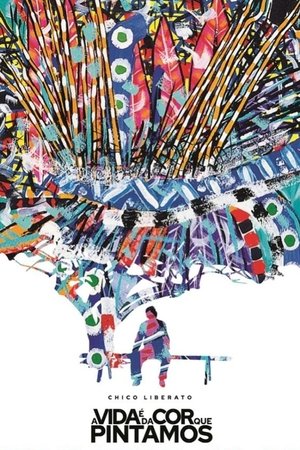 0.0
0.0A Vida é da Cor que Pintamos(pt)
Perpetuating art was the main objective in the life of visual artist, filmmaker and cultural manager Chico Liberato, who died in January, 2023. A pioneer of animation cinema in Bahia, he left a legacy for the area, and even in his family.
 0.0
0.0Song Remains the Same(bs)
Hamdija Šahinpašić (1914-2003) was one of those rare individuals able to memorize songs in their authentic traditional form. Šahinpašić belonged to a family known for its songs. In the early 1950's, Miodrag A. Vasiljević recorded Šahinpašić singing dozen of songs at the Serbian Academy of Arts and Sciences in Belgrade. A 1967 publication finally included 300 of his songs, published bilingually in Bosnian and Russian. Šahinpašić himself become the focus of attention of numerous ethnomusicologists and folklorists and his repertoire was preserved on recording of good quality.
 7.0
7.0The Song of the Earth(en)
Is there a connection between animal sounds and the music that humans create? Using a surprising and wide variety of evidence from the animal kingdom -- including the humpback whale, the lyre bird, the siamang gibbon and the great reed warbler -- Sir David Attenborough seeks to prove that the origions of music lie in territory, emotion and sex.
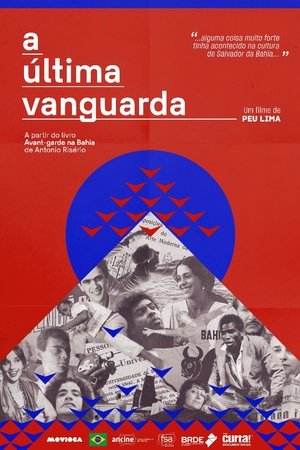 0.0
0.0A Última Vanguarda(pt)
70 years ago, a visionary management in education and culture as a political strategy for the dissemination and development of Bahia gave rise to an artistic vanguard that still impacts Brazilian culture today.
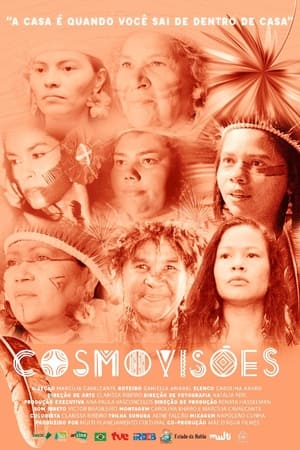 0.0
0.0Cosmovisions(pt)
In Southern Bahia, seven indigenous women invite to reflection, sharing their mythology, ancestry and paths to living well.
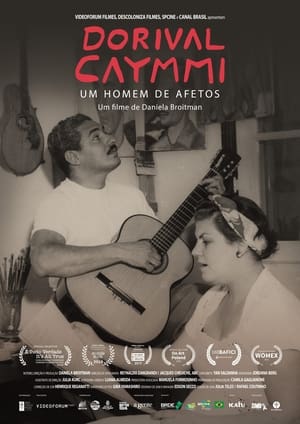 0.0
0.0Dorival Caymmi - Um Homem de Afetos(pt)
An irresistible journey through the universe of the singer and composer that revolutionized the song in Brazil and influenced generations of musicians, paving the way for movements such as Bossa Nova and Tropicália.
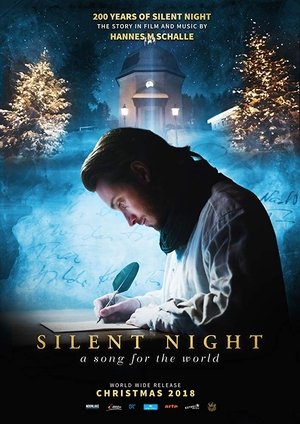 5.5
5.5Silent Night: A Song for the World(de)
This documentary tells the story of the creation and cultural impact of the world's most famous Christmas carol, composed in 1818 in Salzburg, Austria, and since then translated into about 140 languages.



